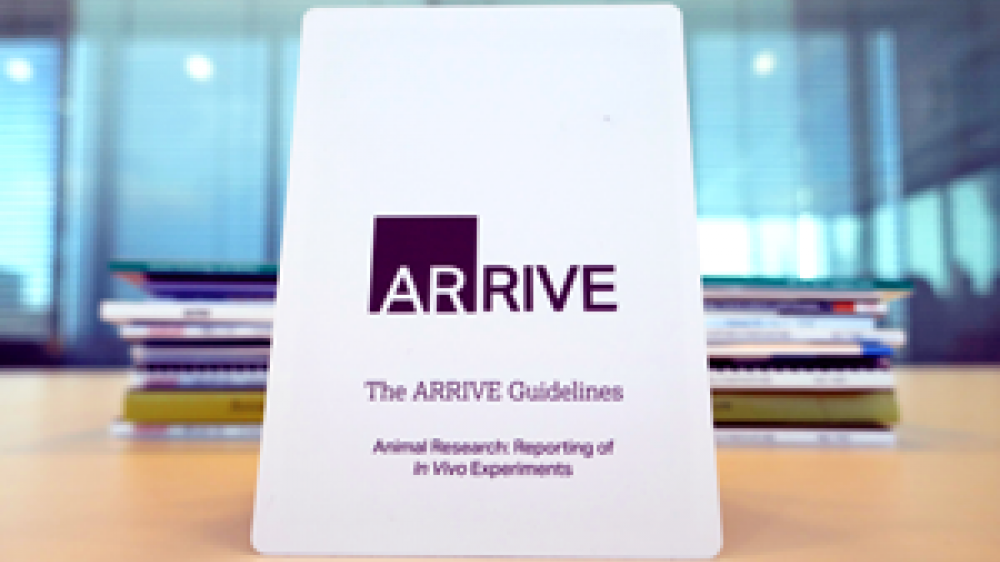We are pleased to announce today that we have established a strategic collaboration with the Medicines Discovery Catapult (MDC) to help NC3Rs-funded researchers to translate their scientific findings into industry-ready products and services.
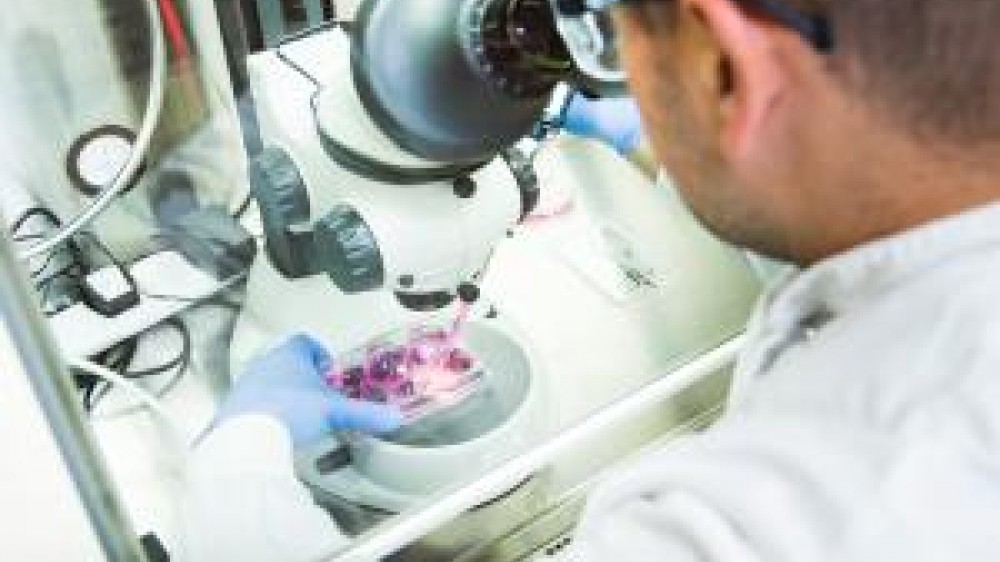
We are pleased to announce today that we have established a strategic collaboration with the Medicines Discovery Catapult (MDC) to help NC3Rs-funded researchers to translate their scientific findings into industry-ready products and services.

Amphibians are one of the most well-known experimental organisms. Despite this, knowledge of amphibian husbandry and welfare remains limited, with little established guidance or evidence-based refinements for their captive care.
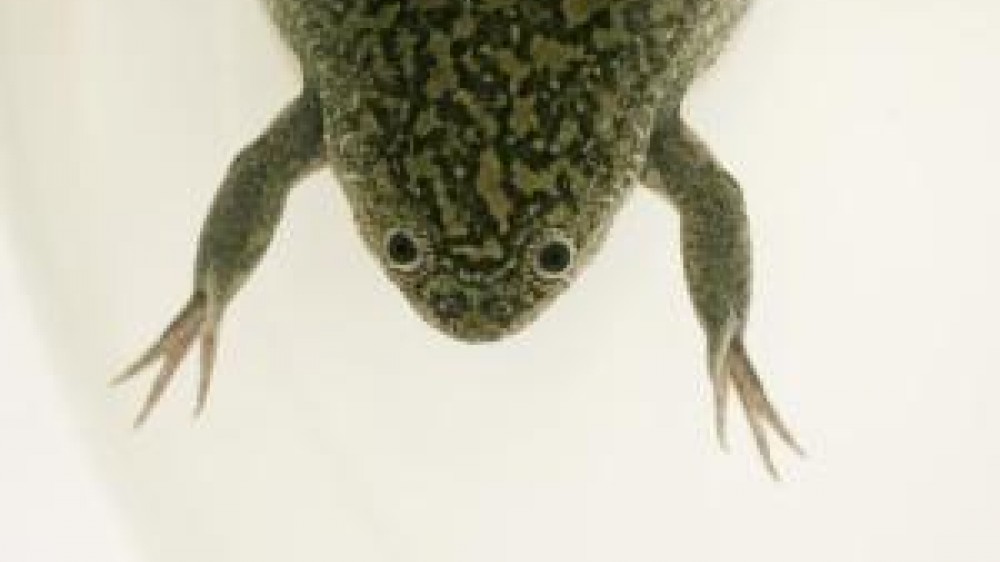
The Consortium for Innovation and Quality in Pharmaceutical Development (IQ) and the Association for Assessment and Accreditation of Laboratory Animal Care International (AAALAC) have announced the winners of their Global 3Rs Awards 2018.
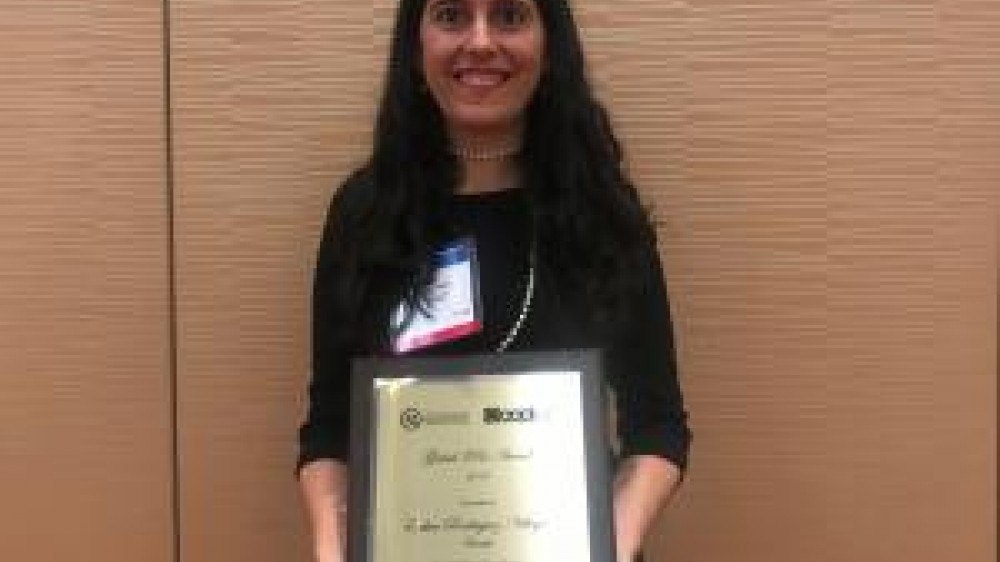
Work from an NC3Rs-funded PhD studentship has demonstrated that the level of fluid control used in macaque experiments can be minimised by identifying preferred fluid rewards.
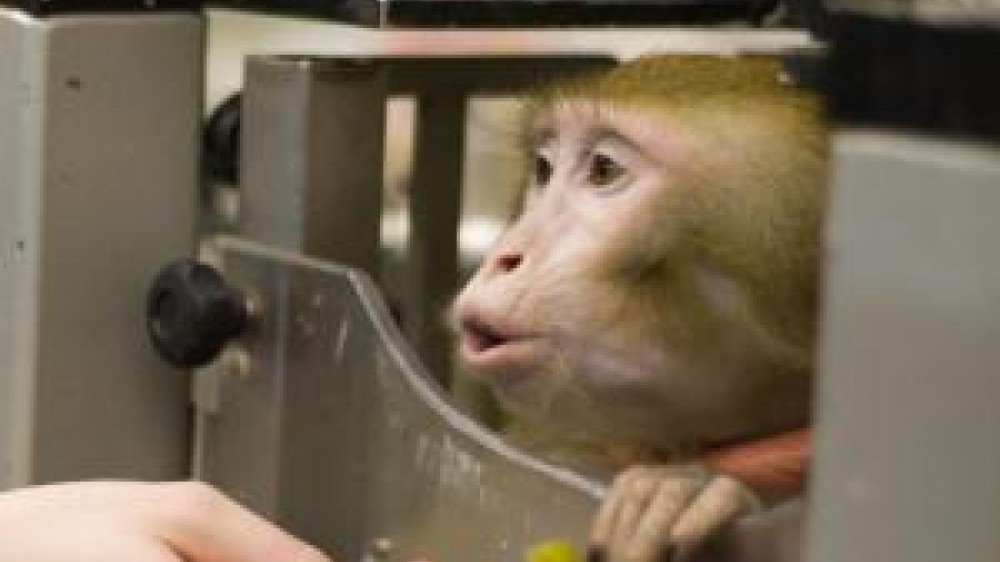
Training non-human primates (NHPs) to perform cognitive tasks in the laboratory is a time-consuming process with important welfare and experimental limitations.
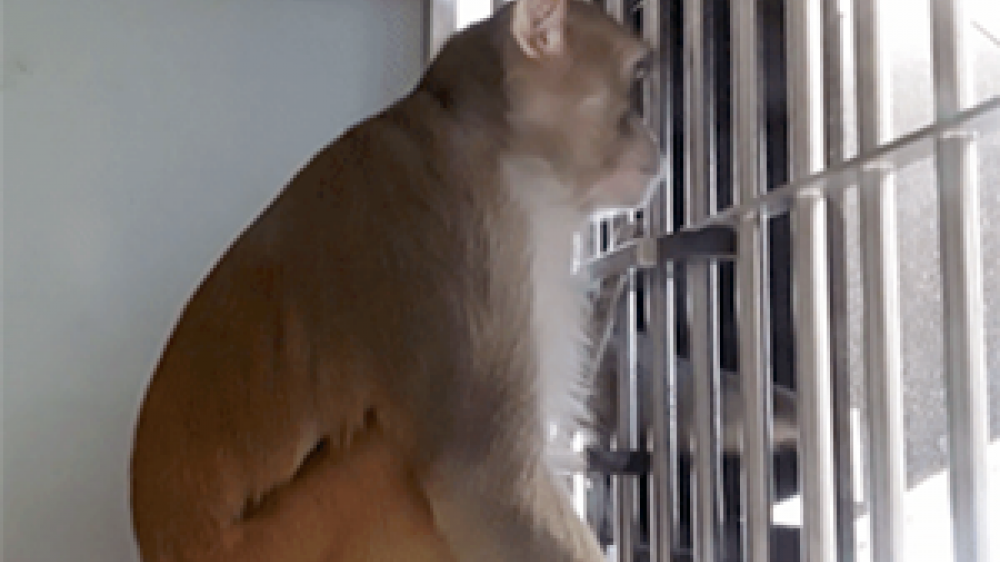
Today the UK’s NC3Rs signed a commitment[1] with the China Rural Technology Development Centre (CRTDC) of the China Ministry of Science & Technology to collaborate on promoting scientific and technological innovations in the replacement, reduction

Researchers from the University of Cambridge, the University of Geneva and the Federal Institute of Technology Lausanne (EPFL) have developed a 3D embryonic stem cell culture system capable of self-organising into the three major axes of the body.
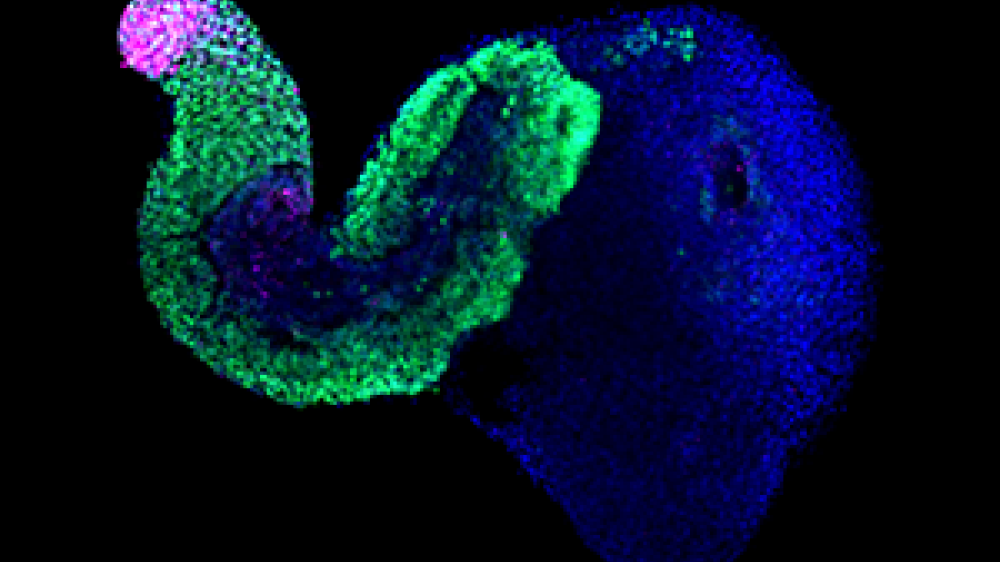
A recent study from the University of Manchester has shown that human cell lines can be used to study lung colonisation by the fungus Aspergillus fumigatus. The work, published in Nature Communications, was partly funded by an NC3Rs Fellowship to Dr
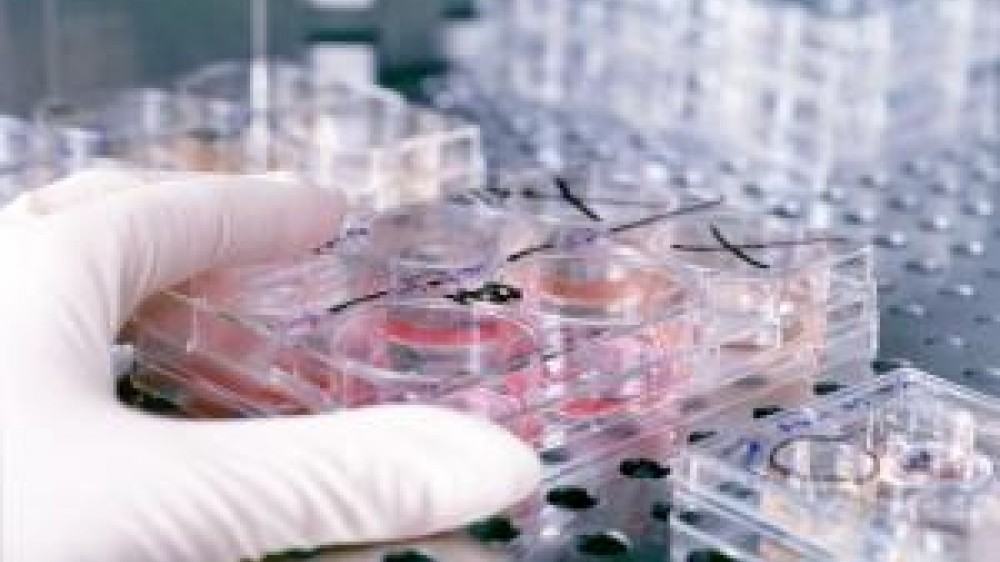
To mark the launch of our F1000Research gateway, we are highlighting the researchers behind the first four papers published on the new platform.
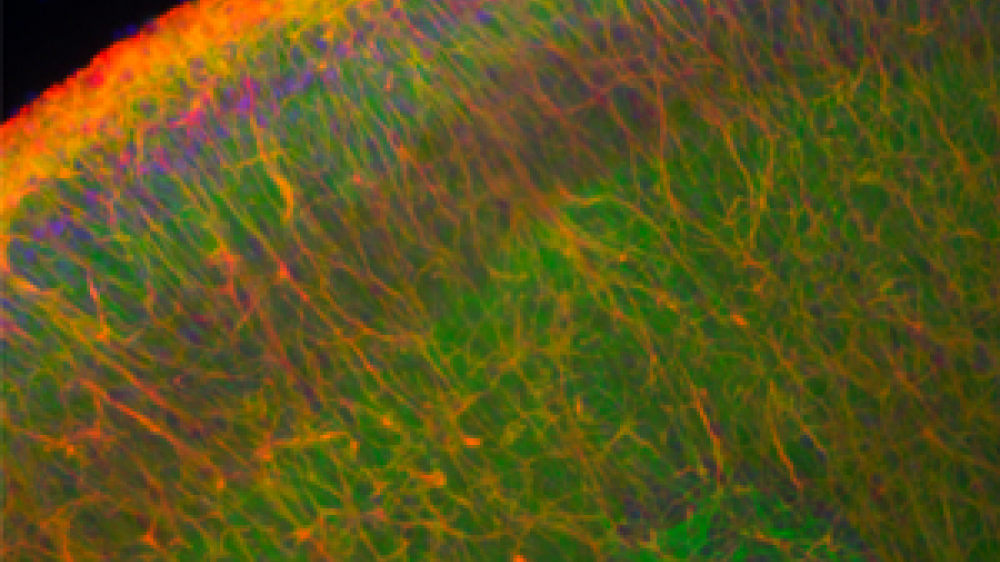
The NC3Rs has launched a new video presentation on the 3Rs and their scientific importance, for use in the training of scientists, technicians, students and others involved with animal research.
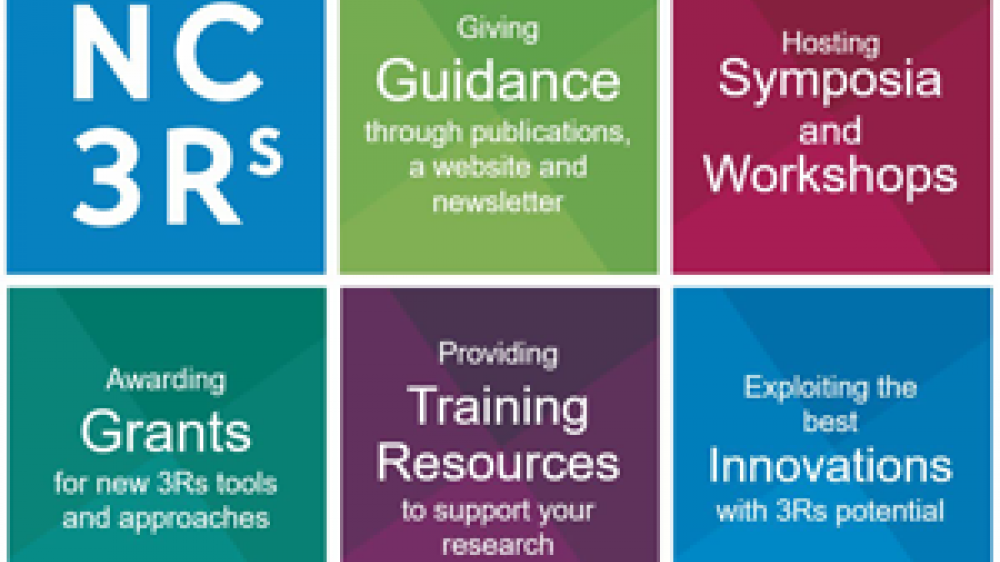
The 2018 CRACK IT Challenges were launched on 6 September at an event in central London.
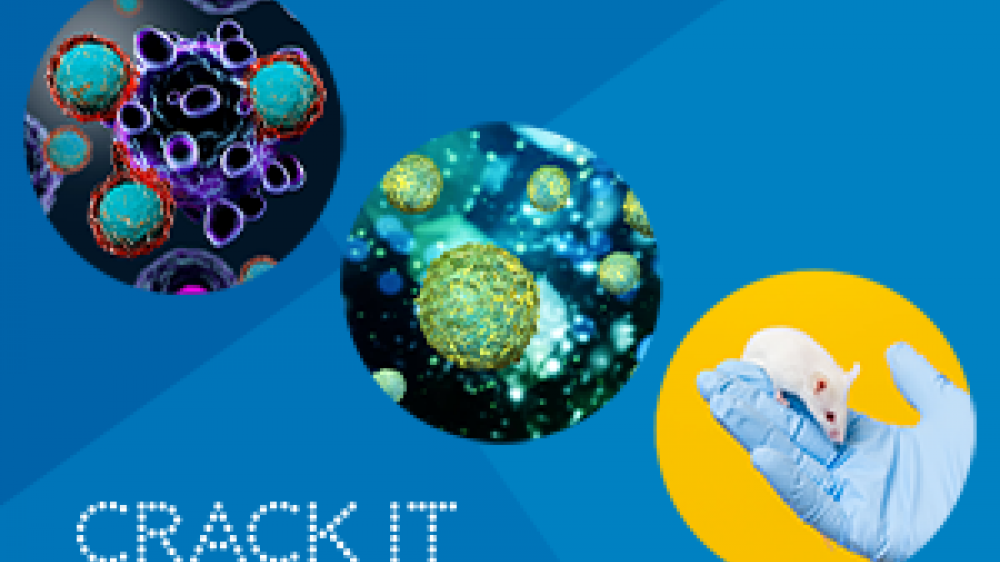
The NC3Rs remit includes supporting both the development and uptake of 3Rs approaches.

July saw our annual Summer School take place in Manchester.
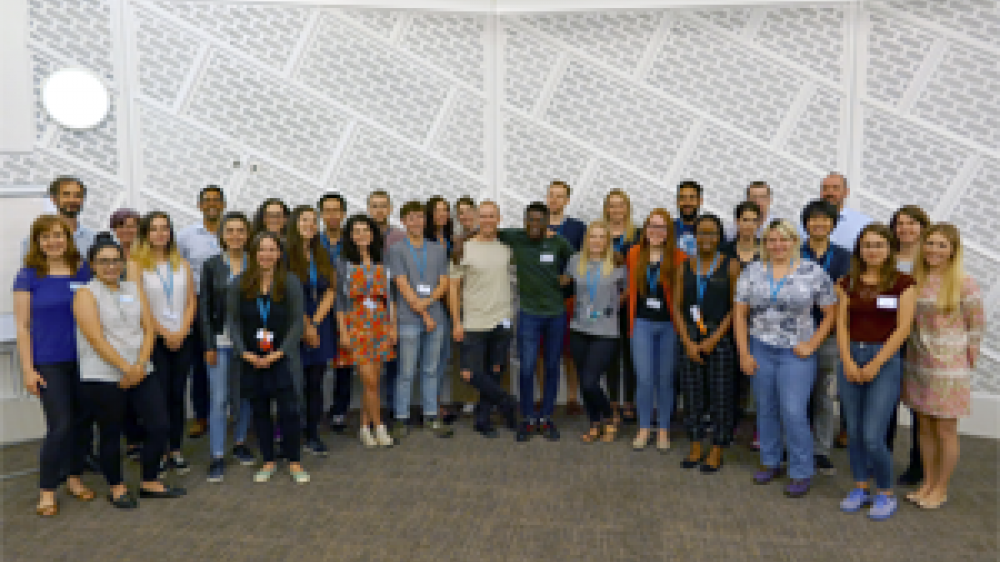
This year marks the beginning of a new collaboration between Cancer Research UK (CRUK) and the NC3Rs as we offer joint awards to support the sharing of 3Rs skills, tools and technologies within cancer research.

A pioneering study has shown that a simple invertebrate, larvae of the wax moth Galleria mellonella, can be used as a novel infection model for bacteria from the Mycobacterium tuberculosis complex.
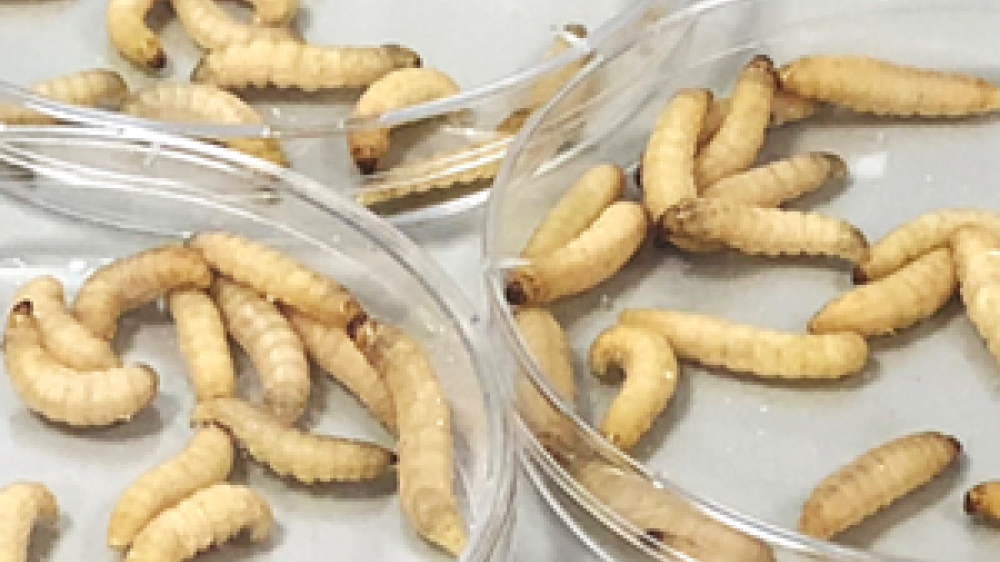
We have recently committed £2.4m to seven new project grants, awarded to outstanding projects from a broad range of scientific disciplines.
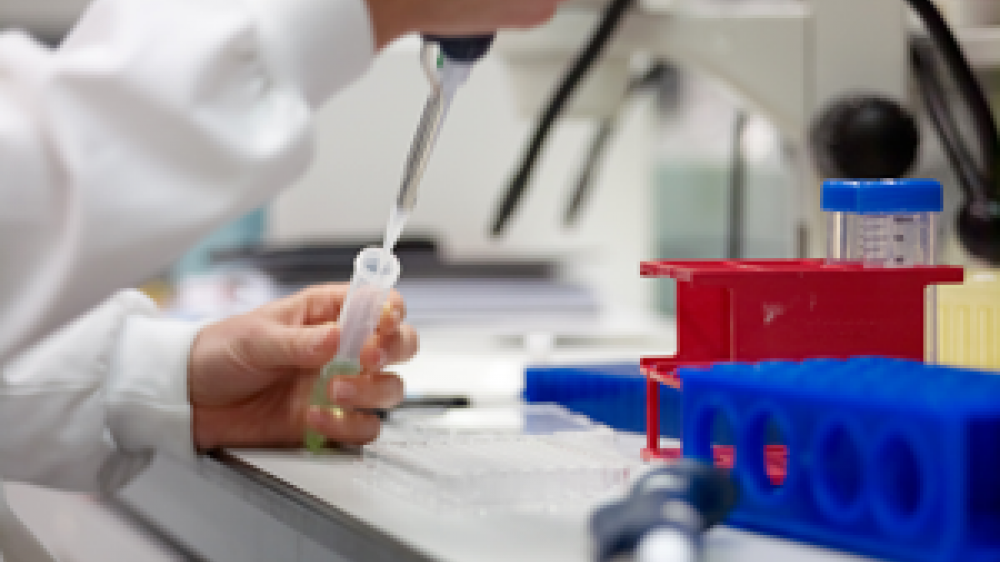
Today the NC3Rs is launching a series of checklists that will support UK funding bodies to ensure animal research carried out overseas is conducted to appropriate standards of welfare.

The 2018 CRACK IT Challenges are now live. This year's competition consists of three Challenges identified jointly by the NC3Rs and Sponsors.
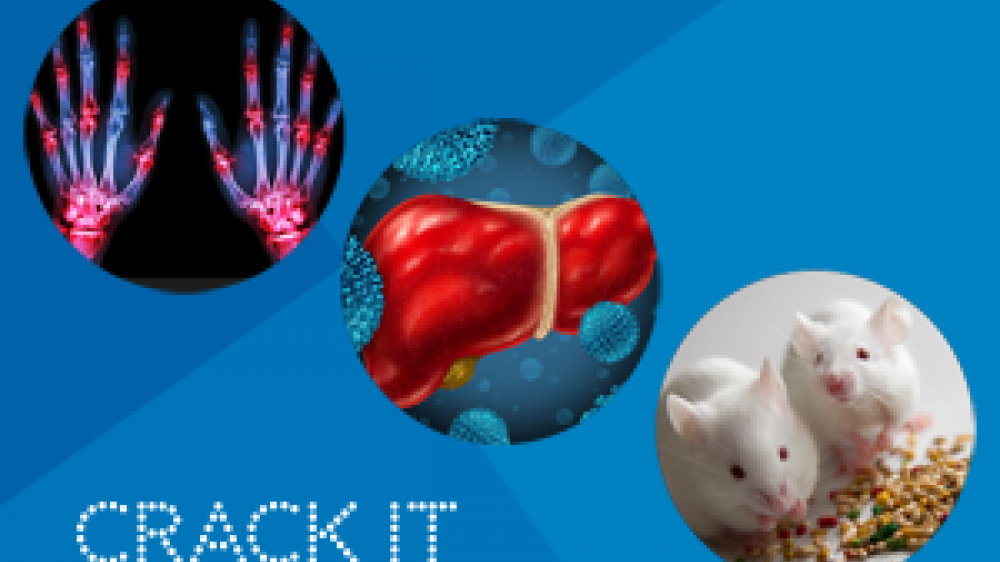
We recently sponsored three events as part of the worldwide Pint of Science festival, which brings researchers into local pubs every May to talk about their work.
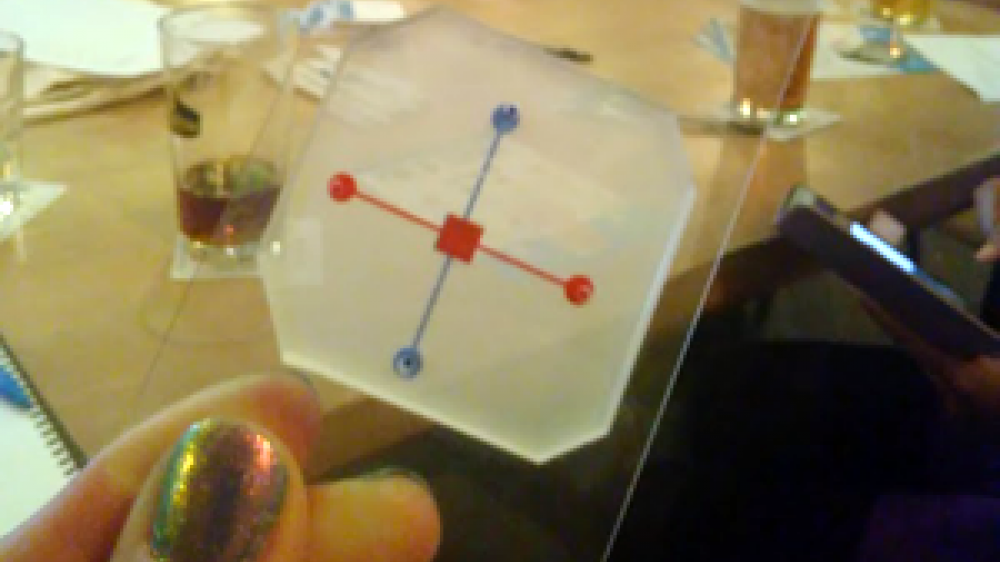
Adequate reporting is crucial for the transparency and reproducibility of preclinical research, including studies that use animals.
